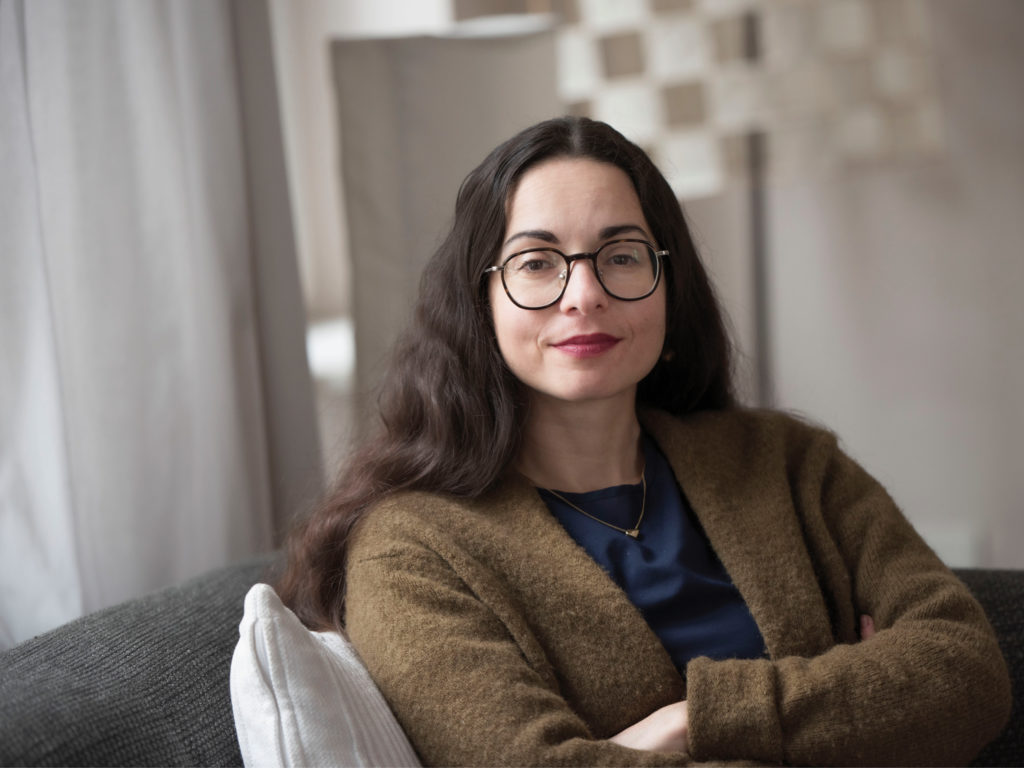“It’s back (again) – but it was never gone” – present-day anti-Semitism
Anti-Semitic resentments have never really faded away. Anti-Semitic violence has constantly accompanied the postwar period – right up to the present day. Even now, there are anti-Semitic connotations to many notions surrounding Jews and Jewishness that are deeply rooted in society. As a collective resentment, anti-Semitism offers an attractive, identity-forming, all-encompassing way of interpreting the world, regulating perceptions of and relations with Jewish people and Jewishness. In interpersonal interactions, in public discourse, on social media, in the neighborhood, at playgrounds and schools there is anti-Semitic speech, discrimination and violence. At schools, for example, anti-Semitism frequently takes the form of stigmatization, violent speech, and reversal of perpetrator and victim roles. Anti-Semitic attacks in a school context range from reproducing anti-Semitic stereotypes in schoolbooks to verbal abuse and physical attacks on Jewish students, or even those merely perceived as such, and is particularly tangible using the example of the insult of “You Jew.”
At the same time, there is a vibrant Jewish life in Germany: But the narrative of persecution and the threats Jewish people face today overshadow the identity and self-image of many Jewish people. If we as contemporaries and educators want to respond effectively to this, the first thing we need to do is grapple with the specific elements of anti-Semitism in a post-Shoah society. This means critical reflection is essential among non-Jewish people about their own actions, relations, interpretations, and maxims of action. What is our perspective as we consider present-day anti-Semitism? What are the transfers and assignments that catch up with us from the past, from our own learning of history and biography today? What do we reproduce over and over again, albeit not always consciously? What does it mean to expand the dominant social perspective by adding the Jewish perspective? A critical treatment of anti-Semitism requires that non-Jewish people be willing to engage in radical self-criticism and deconstruction of old interpretation patterns. In doing so, Jews must not be perceived further and never again as passive victims, but as acting and self-determined political actors, whose expertise in the fight against anti-Semitism is indispensable.

Marina Chernivsky studied psychology, behavioral sciences, and behavioral therapy in Israel and Berlin. She has worked and studied in the area of anti-discrimination and anti-Semitism prevention for many years and is an instructor and educator, among her other activities. She is also the founder and head of the Kompetenzzentrum für Prävention und Empowerment, which is supported by ZWST, and co-founder and managing director of OFEK e.V. From 2015 to 2017 she was a member of the Bundestag’s second independent panel of experts on anti-Semitism and co-editor of the second report on anti-Semitism. She has been a member of the council advising the German Federal Government Commissioner for Jewish Life in Germany and the Fight against Anti-Semitism since 2019. She is the co-editor of the magazine Jalta – Positionen zur jüdischen Gegenwart and member of the board of AMCHA and DTPPP e.V.